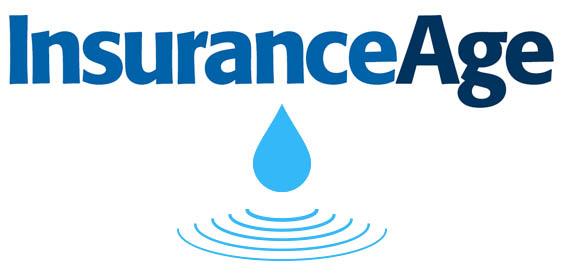News
News analysis: Private equity still making waves in market

Will PE investment lead to more smaller regional brokers being snapped up?
Private equity (PE) is set to cause further waves of broker consolidation particularly at the smaller end of the market with the big, eyecatching deals largely completed, according to experts.
The comments followed the Global Risk Partners (GRP) deal to buy south west regional broker Higos last month.
The takeover, subject to regulatory approval, is the latest to see private equity move further into the broking market.
GRP is supported by private equity house Penta and Towergate founder Peter Cullum is also an investor. According to the GRP website it has £55m to spend on brokers in the UK with the potential for that funding pot to increase to £100m.
Fuelling consolidation
GRP CEO David Margrett, not surprisingly, said he believes private equity investment into broking is definitely a good thing.
“At the moment there is a lot of interest [in broking from private equity],” he noted, adding: “Private equity has been very active and I think that will continue.
“They see the sector as still ripe for consolidation.”
Margrett continued: “It’s interesting because there is a hysterical attitude to private equity in the segment. We have always viewed it as positive. Private equity wants to invest wisely.
“As long as everyone maintains a focus on all the parties doing alright and everyone has realistic expectations it works out well.”
Market expert Clare Ryder, managing director of Salient Solutions, does not believe more private equity investment is coming in as it’s been common for over 10 years. “It’s just more visible now,” she stated.
She explained there was particular interest from houses in the US because the low value of Sterling means they get more for their money.
Who is left to buy?
For Salient Solutions’ Clare Ryder the next question is ‘who is left to buy?’ She explained: “In general terms, private equity isn’t interested in smaller brokers.”
With Higos now gone there are relatively few independent regional brokers large enough to attract interest. For these few brokers it is a sellers’ market.
“The bigger risk is deals will get done on multiples that become unsustainable in the long term,” she concluded.
Innovation’s Paul Dickson agreed there were few remaining targets of a good scale for private equity to focus on. “Private equity has had a huge impact in terms of being the powerhouse and catalyst for consolidation,” he commented.
“Looking ahead there will be more of the same but I am not sure there is much left of scale to buy. We’ll see more regional private equity deal flow but the value of the deals will go down.”
Pros and cons
Likewise, broker Paul Dickson, CEO of Innovation Broking, said that private equity had already changed the face of the broker market in recent years.
He admitted his own firm has minority investment from venture capitalists but explained he classified true PE backing as involving a majority share purchase or “full takeover”.
Dickson argued that there are positives and negatives to PE funding. “The benefits are that they offer access to funds to enable you to grow the business,” he stated.
“The other benefits are indirect. For example, having a private equity investor necessitates you run a business in a structured manner. It means lots of discipline and independents may not have the same approach.”
Pressure
Along with the positives there are downsides. Dickson detailed: “They expect you to achieve projected results and the return is the priority.”
He warned that this puts pressure on brokers to “overstretch” and in some cases leads to the broker failing to invest properly in the business.
Margrett denied that private equity houses were likely to force broking companies to grow too quickly.
“I am not sure you can force anyone to grow too fast,” he maintained. “Most investors put money in to develop in a way that makes sense and to generate value in the long term.”
Ryder was of a similar mindset when it came to the topic of brokers being forced into
fast growth mode. “It has been a problem in the past,” she conceded, “but I think private equity is now increasingly aware of the regulatory risks attached to the sector.
“They realise it is not a quick bang for your buck, because of the regulator.”
They may be more aware of regulatory issues but Dickson is unsure they truly understand good broking.
He noted that in the past private equity backed consolidators, he named Towergate which recently closed its Manchester SBU (small business unit), “shoved business into call centres” and did not invest in quality people.
“I am not sure investors have learned from that. We still see consolidators supporting the call centre approach. There is the temptation to reduce costs by removing business from branches and using tech to compensate but a call centre is still a call centre.”
